Plant extracts have been valued for their health benefits for thousands of years, often providing natural alternatives to Western medicine.
Tea tree oil is a great example of this. Extracted from the leaves of the Melaleuca alternifolia plant, tea tree oil is well-known for treating skin infections, acne, athlete’s foot, and various inflammatory conditions. It also promotes clean, strong hair and helps reduce dandruff. Many people also wonder, “Does tea tree oil help with hair growth?” Thanks to its therapeutic properties, tea tree oil might be the answer to your hair problems. Fortunately, it’s now commonly available in everyday products like shampoo.
Does Tea Tree Oil Help With Hair Growth?
Tea tree oil, also known as melaleuca oil, is an essential oil extracted from the leaves of the Melaleuca alternifolia tree, native to southeastern Australia. Traditionally used in the country for centuries to heal wounds, tea tree oil is renowned for its strong antimicrobial and anti-inflammatory properties, as Dr. Rachel Westbay explains. These properties make it an effective remedy for acne, fungal infections, dry scalp, and more.
Today, tea tree oil is widely available in its pure form and is featured in various skincare, makeup, and haircare products. Its inclusion in haircare formulations is due to its potential to improve scalp health, reduce dandruff, and promote a clean environment conducive to hair growth.
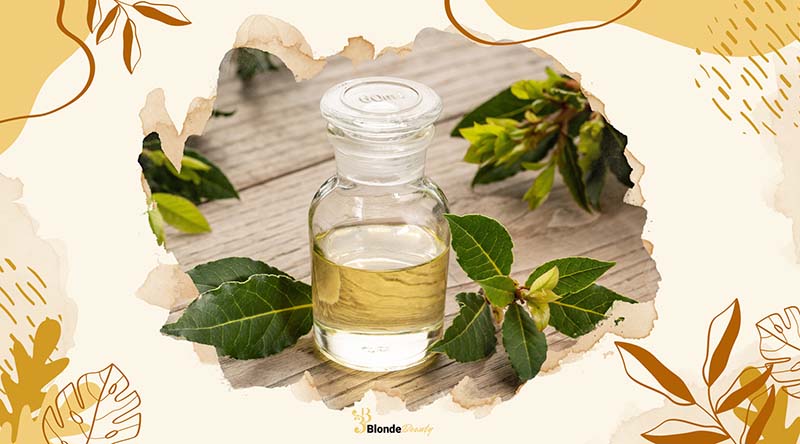
Notes:
- Consistent use of tea tree oil for hair growth can help maintain a healthy scalp, which is essential for hair growth.
- Mix a few drops of tea tree oil with carrier oils like coconut or olive oil for a soothing scalp treatment.
- Be cautious with pure tea tree oil for hair growth as it can be potent and cause irritation if not properly diluted.
6 Benefits of Using Tea Tree Oil for Hair Growth?
Enhances Overall Scalp Health
Your hair grows from your scalp, so maintaining scalp health is crucial for healthy hair. “Tea tree oil can help with overall scalp health given its antimicrobial, antifungal, and anti-inflammatory properties,” explains Dr. Janiene Luke, a board-certified dermatologist in Loma Linda, CA.
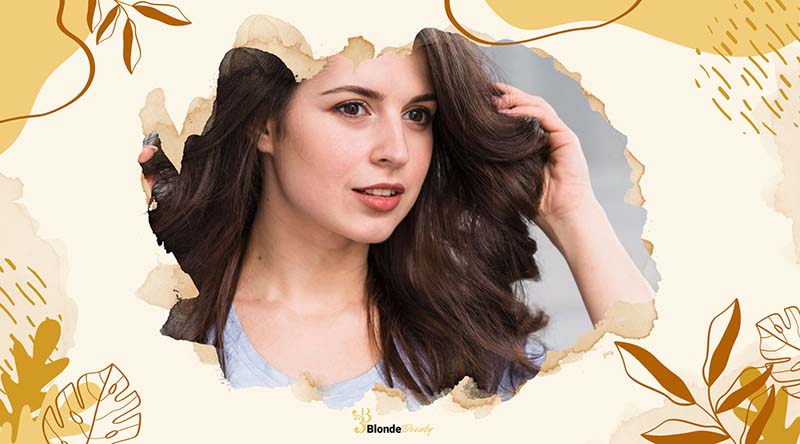
May Promote Hair Growth
While tea tree oil does not cleanse hair, adding small amounts to the hair shaft can help prevent the buildup of chemicals and dead skin from styling products.
The oil keeps your hair healthy and moisturized, supporting hair growth. However, there is no scientific evidence that tea tree oil alone can promote hair growth.
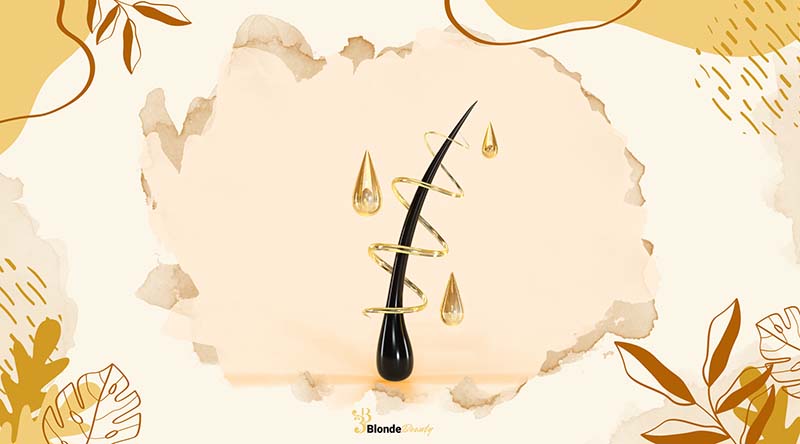
Combats Dandruff
Dandruff is often caused by a yeast called Malassezia spp. Tea tree oil’s antifungal and antimicrobial properties help fight this yeast.
An older study found that people who used a 5% tea tree oil shampoo daily for four weeks experienced a 41% reduction in mild to moderate dandruff.
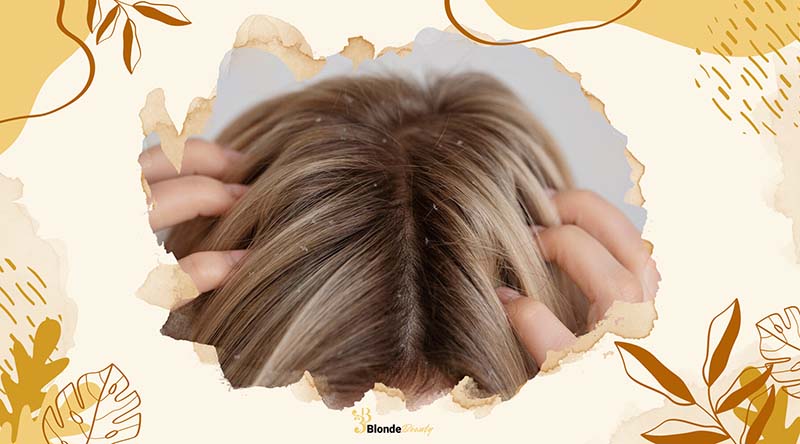
Regulates Oil Production
People with an overly oily scalp can benefit from using tea tree oil or products containing it to “balance excess oil production on the scalp,” says Sabrina Ahmed, Garnier’s curl expert. This can extend the time between wash days.
Soothes Irritation
An itchy and irritated scalp can be very uncomfortable. The anti-inflammatory properties of tea tree oil can soothe and calm irritation, offering much-needed relief.

Refreshes Hair and Scalp
Tea tree oil also helps leave the hair refreshed, revitalized, and with a pleasant scent, adds Ahmed.
Notes:
- For optimal results, look for hair products with tea tree oil as a key ingredient.
- Always dilute tea tree oil before applying it directly to the scalp to avoid irritation.
Side Effects of Using Tea Tree Oil for Hair
Some individuals might experience skin inflammation, itching, or dryness when using tea tree oil. If you notice any of these adverse effects, discontinue its use immediately.
If you are dealing with hair loss, baldness, dandruff, or itching on the scalp, it is essential to consult a dermatologist and follow the prescribed treatment. People with hair loss due to autoimmune conditions or hormonal and nutritional imbalances may not see significant improvement with tea tree oil application.
Notes:
- Always perform a patch test before using tea tree oil to ensure you do not have an allergic reaction.
- Seek professional advice if you have pre-existing scalp conditions or sensitivities before using tea tree oil.
Tea Tree Oil Hair Washing Steps
Daily Cleansing
Mix a few drops of tea tree oil with your shampoo to maintain its consistency. Apply the mixture to a wet scalp and follow your regular shampooing routine.
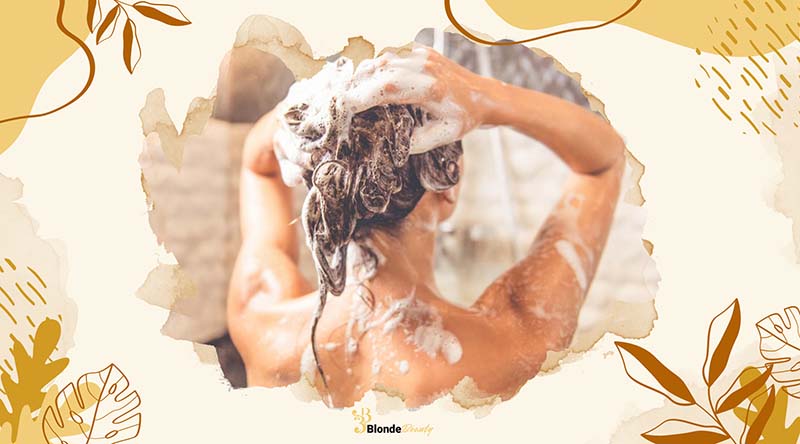
Support Healthy Hair
Combine a few drops of tea tree oil with a carrier oil like coconut, almond, or sesame oil. Massage the mixture onto your dry scalp to remove any fungal and bacterial deposits that may hinder healthy hair growth.
Moisturize Dry Scalp
Mix a few drops of tea tree oil with a carrier oil. Massage the mixture onto your dry scalp for 10 to 15 minutes daily. Wash out the mixture with your regular shampoo.
Treat Dandruff
Add 10 to 15 drops of tea tree oil for every ounce of shampoo. Massage the mixture onto your scalp and let it rest for three to five minutes before rinsing thoroughly.
Treat Scalp Itchiness
Create a thick hair mask using a base of avocado paste or yogurt. Add honey and a few drops of tea tree oil. Massage the mask onto your hair and scalp. Allow it to rest for 15 to 20 minutes, then shampoo as usual.
Reduce Excess Oil
Mix a few drops of tea tree oil with baking soda and honey. Apply the mixture to your scalp and massage for about 10 minutes. Allow the paste to remain on your scalp for 30 minutes before washing. Repeat twice a week to maintain a healthy scalp pH.
Kill Head Lice
Combine about seven or eight drops of tea tree oil with 1 tablespoon of any vegetable oil. Apply the mixture to your hair and leave it overnight, covering your head with a shower cap. In the morning, remove the shower cap and comb your hair with a fine comb five to six times before washing out the mixture with your regular shampoo.
Add Daily Conditioning
Create a conditioning spray by adding a few drops of tea tree oil to distilled water, ensuring the mixture contains about 5% tea tree oil. Spray this mixture daily for natural conditioning.
How Often Can I Use Tea Tree Oil for Hair Growth?
- Leave-In Treatment: When using tea tree oil as a leave-in treatment, it should be applied no more than three times per week. To do this, mix a few drops of tea tree oil with a carrier oil like coconut or olive oil. This dilution helps to prevent irritation while ensuring the treatment remains effective.
- Shampoos and Conditioners: Shampoos and conditioners containing tea tree oil can be used daily or according to your regular washing schedule. These products usually have a mild concentration of tea tree oil, making them safe for everyday use without the risk of overuse.
- Serums and Scalp Oils: For serums or scalp oils that contain tea tree oil, it’s essential to follow the specific instructions provided by the manufacturer. These products often vary in concentration and usage recommendations, so adhering to the guidelines will help you achieve the best results without causing irritation.
By following these recommendations, you can effectively incorporate tea tree oil into your hair care routine, promoting a healthier scalp and hair while avoiding potential side effects.
Notes:
- Overuse of tea tree oil can lead to scalp irritation or dryness, so follow the recommended usage guidelines.
- Start with a lower frequency and gradually increase if your scalp tolerates it well.
- Consider combining tea tree oil treatments with other scalp-friendly practices, such as regular scalp massages and using sulfate-free shampoos.
Conclusion
In conclusion, tea tree oil can be a powerful solution for combating dandruff and promoting healthy hair. When selecting a shampoo, look for tea tree oil in the ingredient list, and always perform a patch test to ensure you don’t have a sensitivity to it. If you experience a severe allergic reaction, seek medical attention immediately.
For most people, using a tea tree oil shampoo daily can provide the benefits of this natural remedy without the risk of strong allergic reactions. Embrace the therapeutic properties of tea tree oil and enjoy healthier, more vibrant hair.
For more great hair care advice and tips, be sure to check out more blogs from BlondeBeauty. Stay beautiful and keep shining.

Laureate Professor Clare Collins
Professor Clare Collins is a leading expert in nutrition and dietetics at the School of Health Sciences, part of the College of Health, Medicine and Wellbeing. Her work is changing the way we think about food and health. She grew up as one of nine children and was the first in her family to finish high school and go to college. This background gave her a strong work ethic and a deep appreciation for seizing opportunities.
As the Director of the Hunter Medical Research Institute’s Food and Nutrition Program and a recipient of three NHMRC Research Fellowships, Professor Collins is making a big difference in public health. She focuses on helping people who are often overlooked, using new technologies like apps and online programs to improve their nutrition and reduce the risk of chronic diseases.
Professor Collins is well-respected and has been recognized as a Fellow in four major health and science organizations. She leads a diverse team of experts, including dietitians, computer scientists, and engineers, working together on global health projects.
Her achievements are impressive. She has received over $29 million in research funding, published more than 450 papers, and helped 35 PhD and Master’s students complete their degrees. She’s also active in sharing her knowledge with the public. She has developed tools like the Australian Eating Survey and the Healthy Eating Quiz, and she often appears in the media to talk about nutrition.
PUBLISHED ARTICLES
- Collins, C. (2019). “The Effect of a Pilot Dietary Intervention on Pain Outcomes in Patients Attending a Tertiary Pain Service.”
- Collins, C. (2022). “Variation in cardiovascular disease risk factors among older adults.”
- Collins, C. (2022). “Evaluation of an online intervention for improving stroke survivors’ health-related quality of life: A randomised controlled trial.”
These articles show Professor Collins’s commitment to understanding how better nutrition can improve health. Her work is important for researchers, doctors, and anyone interested in healthy living.
